Patients are usually not asked any questions in advance. After an appointment, their opportunities to offer feedback are limited to filing an objection, a complaint or an appeal. There are no equally efficient channels for expressing gratitude. At least some death notices acknowledge the good care provided at an end-of-life care unit, such as Terhokoti, or some other hospital.
I participated in a workshop on the secondary use of personal social welfare and health data organised by Sitra and HUS (the Hospital District of Helsinki and Uusimaa). The organisers were interested in hearing patients’ views before introducing the topic of secondary use. Secondary use refers to the use of social and health data for research, product and drug development, teaching or the management of social and healthcare organisations, for instance. It was a fascinating event and I can barely wait for the next one.
I was bursting with excitement. After all, these are the topics I have been following and writing about for the past 15 years, agonising over how long the work was taking: the Länsimetro project is nothing compared to what it took to create the eResepti electronic prescription system.
The primary use for health data is in the patient–doctor relationship. Every phone call for booking appointments at a health centre, let alone diagnoses and medication, are entered into patient records in agonising detail. Patient information is necessary when it is related to ongoing treatment. After the treatment, the data will be as useful as recyclable waste.
A huge mass of patient data that is just lying in the archives could be compared to a cellulose boiler: a meaningless mush of shredded data, useless on its own. However, as a raw material, it is more valuable than northern bleached softwood kraft paper. It can be used to develop new medicines or discover new diseases. At the workshop, no one mentioned research on effectiveness. Which treatment will cure a disease, what adverse effects are intolerable? What are the total costs of an illness and could it be treated more cost-effectively? Will the pathogen causing an illness be discovered?
It was quite peculiar how suspicious the comments presented at the workshop were. As if everyone’s personal data was particularly sensitive and interesting. They wouldn’t use it for commercial purposes, would they? How will I personally benefit from this?
Of course, I would like patient data to be used for commercial purposes. For data mining and developing drugs, treatment methods, apps, gadgets, artificial intelligence and support systems for decision-making. I welcome any pharmaceutical industry giant using the data for reprocessing. As long as we can agree on a price and ensure that the taxes will be paid in Finland. Access to patient data is the least a patient benefiting from the (nearly) free healthcare in a welfare society can give as a token of appreciation to his or her 100-year-old homeland.
For people with rare diseases, particularly ultra-rare ones, big data mining is like a gift sent from above. It allows the compiling of all incidences of ultra-rare diseases recorded in Finland – or, in the best-case scenario, in the entire world. This will lead to research, perhaps even practice guidelines, savings and, in particular, the avoidance of incorrect treatments.
How will I personally benefit from this? Personally, I am already of an age that even if they were able to develop a treatment, drug, gene or accurate diagnostics for my illness, I would probably not get to benefit from it during my lifetime. But my grandchild comes to mind. After all, I am responsible for future generations.
That is why I hope that my patient data will be used for secondary purposes; to conduct research, establish companies, gather tax revenue, create jobs – and to make the world a better place.
Sairaan hyvä potilas (“Sickeningly good patient”) blog (in Finnish)
The Isaacus – Digital Health HUB currently under development will combine well-being databases and their users in a seamless and safe manner. This will allow the engagement of individuals, the promotion of well-being and the creation of a well-being and health ecosystem that is constantly learning. The Isaacus blog series gives experts the opportunity to shed light on the topic from their own perspective.
#isaacus






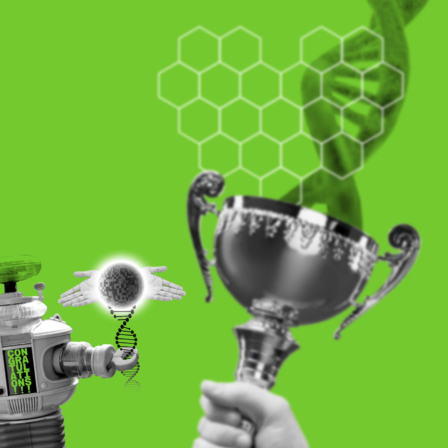
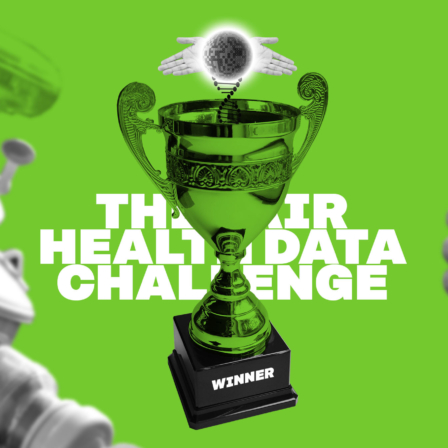
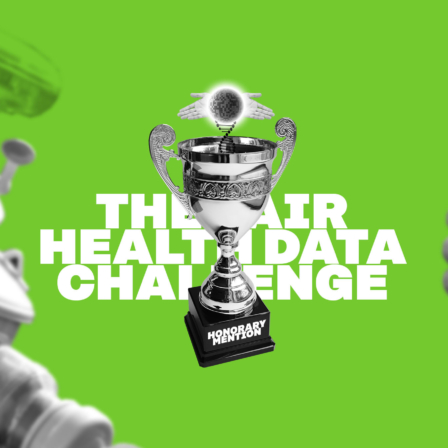




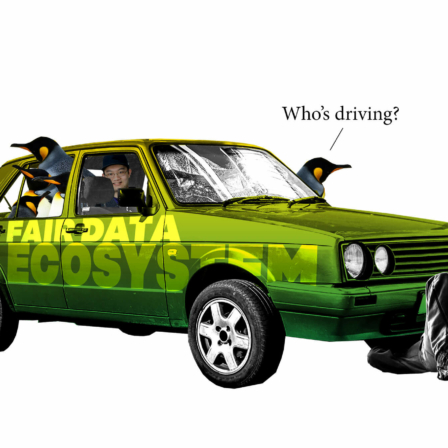
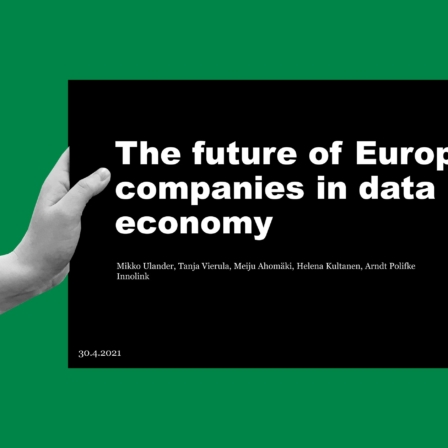
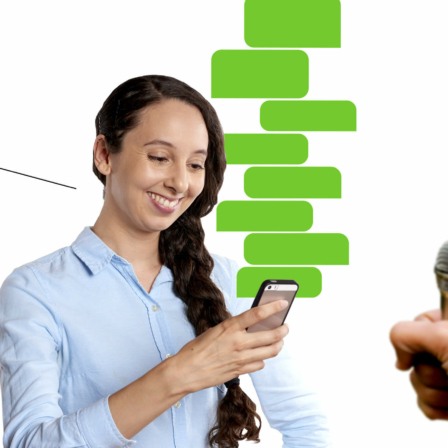

Recommended
Have some more.